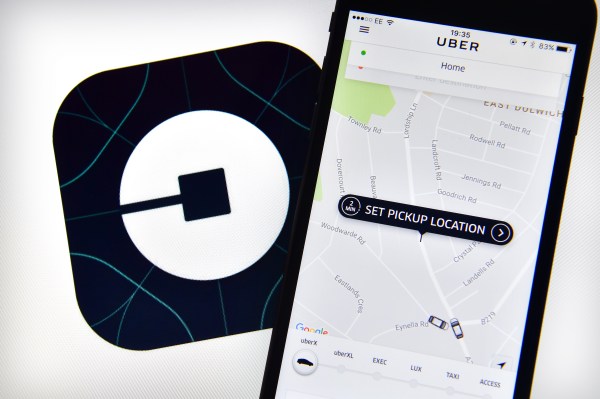Although Uber has launched a program for people with disabilities to use the car-hailing service, the program is not available in all the markets in which Uber operates. Two people who use wheelchairs have filed a lawsuit against Uber alleging that Uber has violated Title III of the Americans with Disabilities Act, the California Disabled Persons Act and California’s unfair competition law.
According to the suit, the two plaintiffs are unable to use Uber because the company doesn’t enable them to request cars that are accessible to people with wheelchairs in Jackson, Mississippi.
“As a result, persons with disabilities in Jackson have no ability to call a wheelchair accessible vehicle or a specially trained driver through the Uber app,” the lawsuit states. “Even if there are drivers on the road who have such a vehicle or training, there is no way for Jackson users with a disability to find a trained driver or accessible vehicle through the app.”
Uber first launched a service geared toward people with disabilities in 2014, with the launch of Uber Access. Through Uber Access, passengers can request UberASSIST and UberWAV, which means a wheelchair accessible car would pick them up. But Uber Access is not available in all of Uber’s markets. The availability of Uber Access seems to be dependent upon Uber’s ability to partner with commercial providers.
“We are piloting several models in various cities across the country to determine which wheelchair accessible vehicle options best meet the needs of our riders and driver-partners,” Uber states on its accessibility site. “These pilots range from making our technology available to wheelchair accessible taxis to providing wheelchair accessible options through partnerships with commercial providers (e.g. in New York, Houston, Chicago, London, Portland).”
Last October, a disability rights group in Chicago sued Uber, saying that Uber should provide more wheelchair-accessible vehicles to passengers.
“We take this issue seriously, and we are committed to increasing mobility and freedom for all riders and drivers, which of course includes members of our communities with disabilities,” an Uber spokesperson told TechCrunch. “There is always more to be done and we will continue working hard to expand access to affordable, reliable transportation options for all.”
